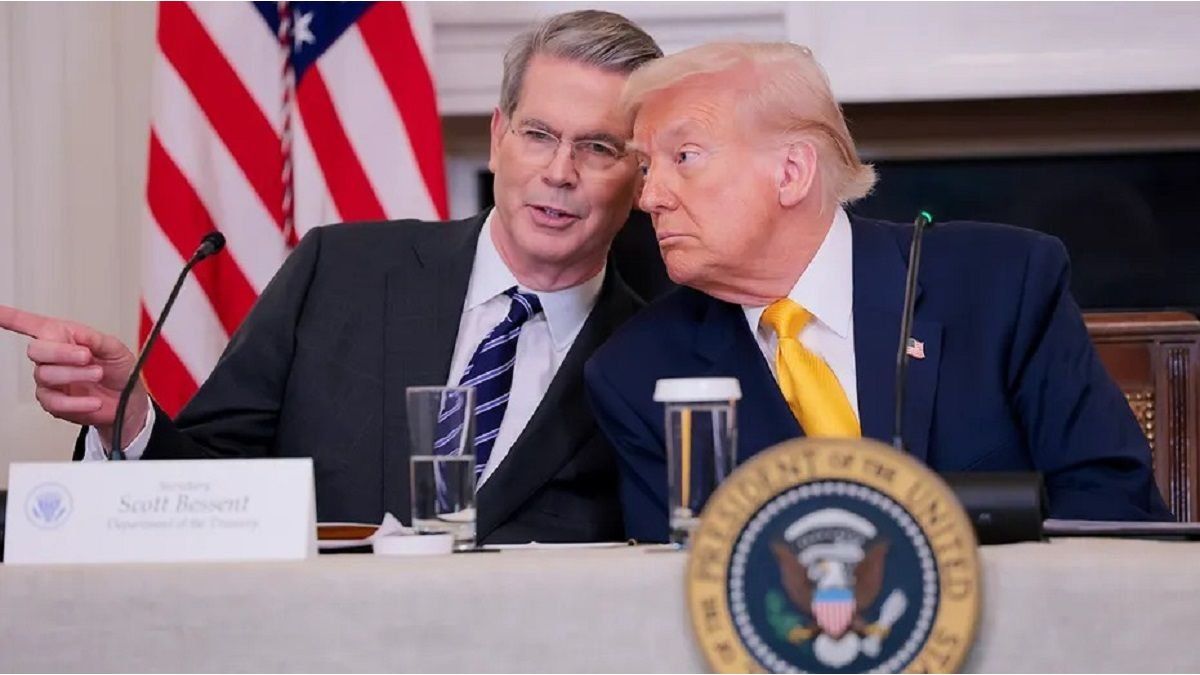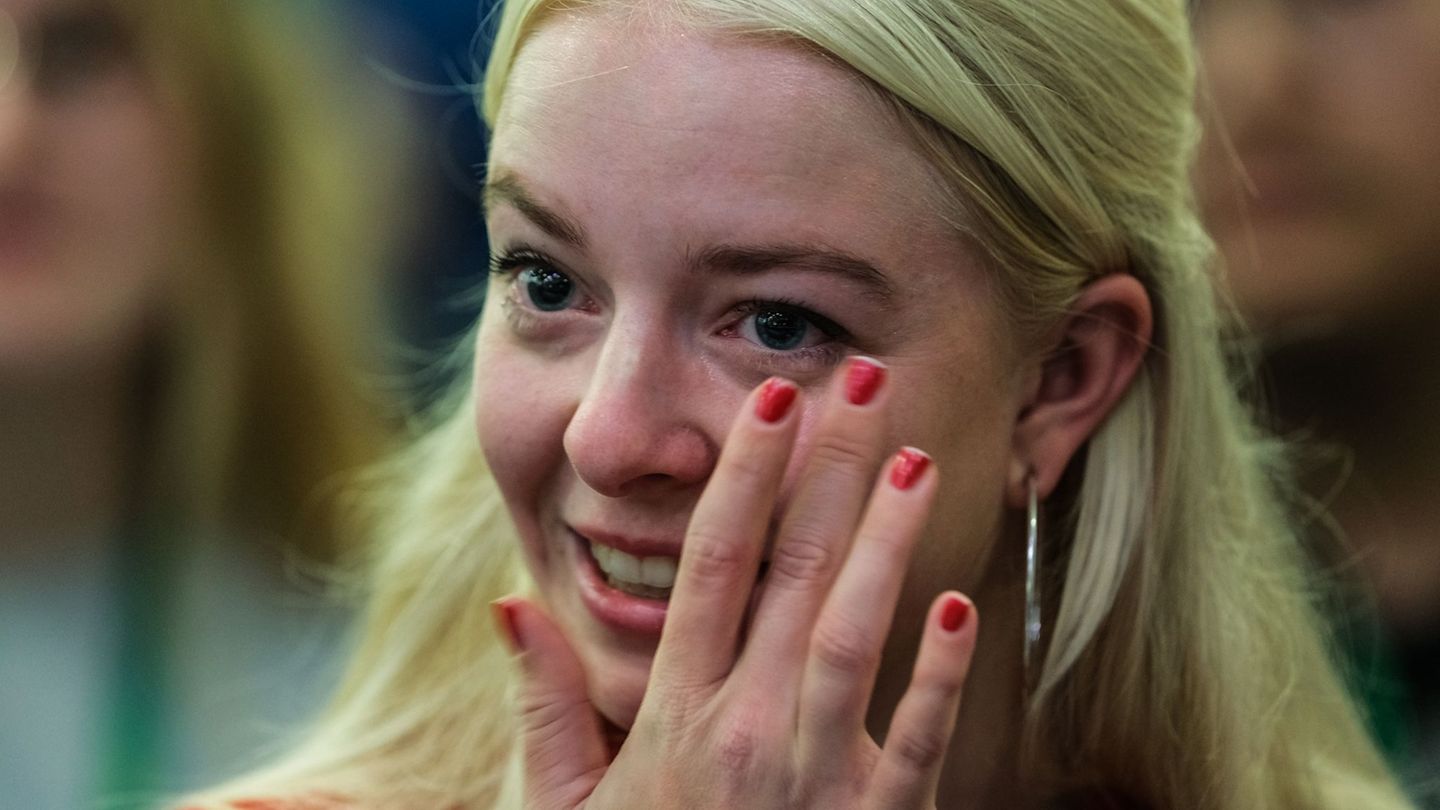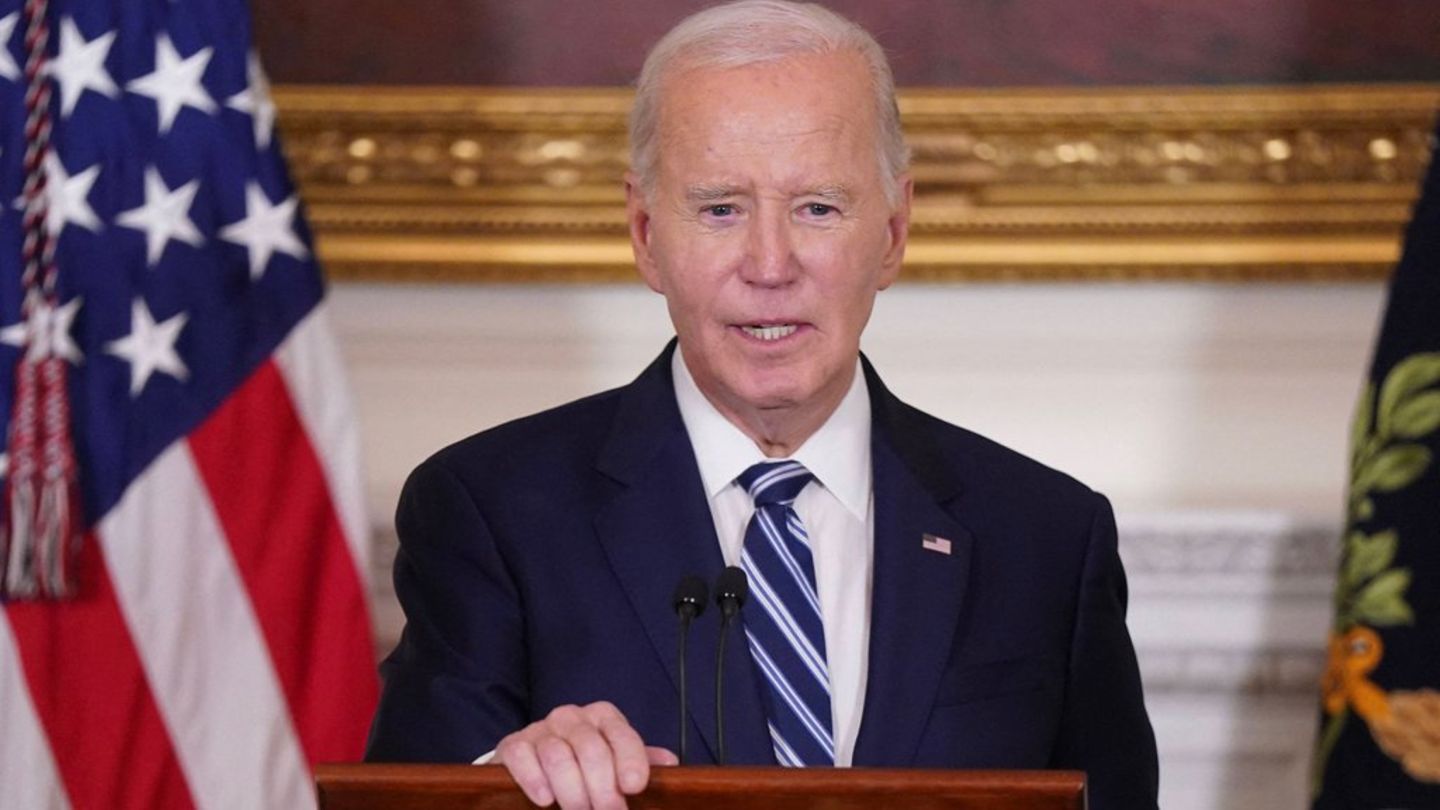Chancellor Karl Nehammer (ÖVP) also attacked from the government bench and accused the SPÖ of scaremongering and hysteria. The Social Democrats had submitted an “urgent application” for an electricity price cap.
Video of the debate (ORF):
This video is disabled
Please activate the categories Performance Cookies and Functional cookies in your cookie settings to view this item. My cookie settings
It was explained by party and club leader Pamela Rendi-Wagner, who accused the government of doing everything wrong for 20 minutes. From their point of view, a price cap that would have halved prices in Spain and Portugal would be particularly urgent. In addition, the energy companies would have to be relieved of their excess profits. This should be invested in the expansion of renewable energy.
Inflation arrived at the “foundation of social peace”.
The SPÖ chairwoman emphasized that 1.5 million Austrians are already at risk of poverty. The rise in prices has already reached deep into the middle class, the “foundation of social peace in Austria”. Because if the middle class collapses, everything else collapses very quickly.
Nehammer was aggressive for a head of government and underlined that the government had already put together anti-inflation packages when the SPÖ did not even know that this was going to be an issue. The ÖVP chairman considers the proposals of the Social Democrats to be unsuitable. A price cap simply doesn’t work and it also endangers jobs.
He accused the SPÖ of having long since caught up with the Freedom Party in terms of populism. Trying to scare people even more. With half-truths and disinformation, new elections should be talked about. Right now, people don’t want divisions or arguments, they want security in leadership.
In the debate there was further opposition criticism: Christoph Matznetter (SPÖ) etched about the Chancellor’s “Büttenrede” (Büttenrede), in which Nehammer tried to portray the opposition as guilty. Dagmar Belakowitsch spoke of the federal government’s “bankruptcies, bad luck and breakdowns” and that its anti-inflation package did not make a single price cheaper. Karin Doppelbauer (NEOS) identified “fossil inflation” and failed to diversify the energy supply.
ÖVP club boss August Wöginger, on the other hand, saw the SPÖ “driven by hatred”, she just wanted to come to power quickly. A hopeless undertaking, as he said: “You can do whatever you want, ladies and gentlemen from the SPÖ. We’re staying.” Markus Koza (Greens) denied that no price reduction measures had been taken and referred to the suspended green electricity contribution.
At the start of the session, it was the ÖVP, which approached the topic from its preferred side by celebrating the anti-inflation measures in the “Current Hour”. Wöginger emphasized that more than 50 billion euros will be spent against inflation in the coming years, more than 10 billion of them this year. The fact that the SPÖ does not agree to these measures is shameful.
The SPÖ saw things differently. Kai Jan Krainer accused the government of hesitation and turning a blind eye, saying there were one-off payments instead of permanent solutions. The FPÖ once again opposed the sanctions against Russia. General Secretary Michael Schnedlitz saw the current situation as being due to the “economic war” in which Austria was being sent against Russia, at the sacrifice of neutrality. NEOS boss Beate Meinl-Reisinger, on the other hand, recognized the problem in Austria’s high dependence on Russian gas, for which she blamed politicians from the Freedom Party, but also from the SPÖ and ÖVP.
Source: Nachrichten




